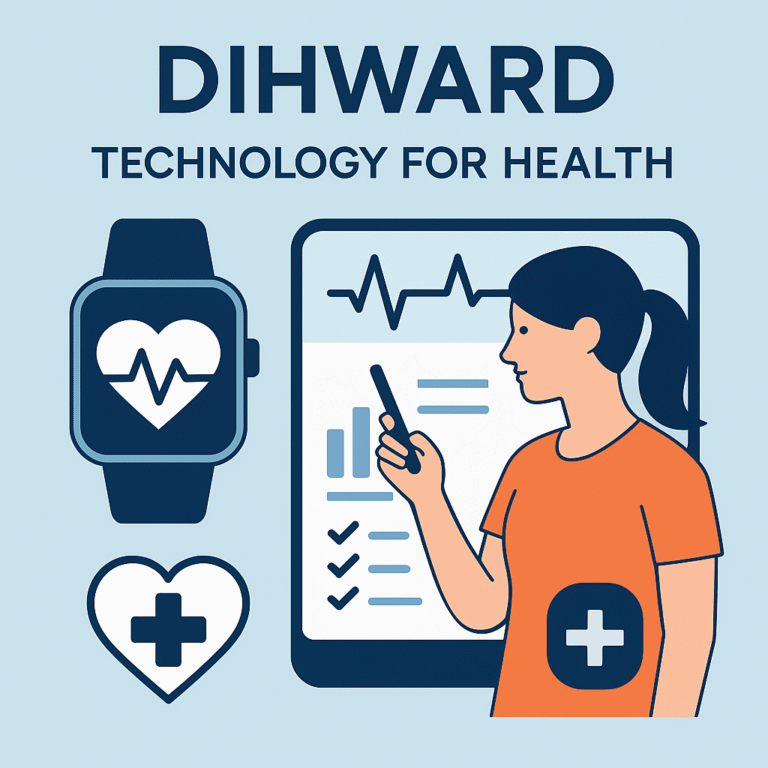Employee-Driven Health Coverage: The Rise of Flexible Benefits
Key Takeaways
The Shift Towards Personalized Health Benefits
Employee expectations around workplace benefits are evolving rapidly in today’s dynamic and diverse labor market. As the workforce becomes more multi-generational, multicultural, and varied in lifestyle, traditional group health insurance plans often fail to meet the wide spectrum of employee needs. This realization has led organizations to rethink their approach to health benefits, pushing personalization and flexibility to the forefront. Companies have observed that employees increasingly want health coverage that reflects their own life circumstances, medical priorities, and financial realities, and are more likely to value employers willing to accommodate those desires.
The shift to flexible benefit models, such as ICHRA, signals a fundamental change in plan design and workplace philosophy. This transformation reflects a growing understanding that empowering employees with greater autonomy in their health decisions leads to deeper engagement and improved overall well-being. By granting workers the freedom to choose coverage that suits their specific needs, businesses can engender loyalty, boost morale, and create a more holistic sense of care within the company culture. The result is a workplace where employees feel personally valued and are better able to thrive, both at work and in their personal lives.
Understanding Individual Coverage Health Reimbursement Arrangements (ICHRAs)
One of the standout innovations fueling the move toward flexible health benefits is the Individual Coverage Health Reimbursement Arrangement, or ICHRA. Established as a formal option in 2019, the ICHRA has rapidly gained traction among employers seeking fairness, flexibility, and control. An ICHRA allows employers to designate a specific, tax-advantaged amount of funds to each employee, which employees can use to purchase their own health insurance on the open marketplace.
Reflecting their popularity, adoption rates for ICHRAs have soared, with the HRA Council reporting a growth of more than 350% from 2020 to 2022. This surge underscores a growing demand for more personalized, customizable health benefits that can better serve today’s diverse workforce.
Benefits of Flexible Health Plans for Employers and Employees
Flexible health benefits (ICHRA) offer numerous benefits for employers, including increased certainty in managing benefit costs, simplified administrative processes for HR departments, and attracting and retaining top talent. These benefits are particularly beneficial for small and midsize businesses, which may lack the HR infrastructure of larger companies. Offering flexible health benefits sets companies apart in a competitive job market, as candidates are increasingly attentive to benefits packages when evaluating prospective employers.
Employees benefit from flexible health benefits, as they can choose health coverage based on their medical histories, family situations, anticipated healthcare usage, and preferred doctors and facilities. This autonomy increases employee satisfaction, strengthens engagement, and supports a workplace culture of trust and respect. A Employee Benefit Research Institute study found that nearly 85% of employees at companies with flexible benefit options feel more valued and connected to their employer.
Flexible health plans also provide an inclusive answer to the modern workforce’s needs, catering to employees of various backgrounds, such as single parents, chronic illness patients, recent college graduates, and senior breadwinners. This diversity-focused approach responds to employees’ real situations, promotes health equity, and improves organizational outcomes.
Challenges and Considerations
Despite their many advantages, flexible health benefit models are not without challenges. On the employer side, regulatory compliance is complex and ongoing. Businesses must ensure their offerings meet the requirements of the Affordable Care Act (ACA) and other federal or state laws, and are structured to avoid both inadvertent discrimination and legal risk. Equitable implementation is crucial, as poorly designed plans could inadvertently favor certain employee groups—such as higher earners or full-time over part-time staff—and sow dissatisfaction or spark disputes.
For employees, the newfound freedom of choice can also bring confusion. Navigating the individual health insurance marketplace is not always straightforward. Employees may find the array of choices overwhelming, struggle to interpret plan details and terminology, or worry about making the right decision for their needs. Organizations must invest in robust support systems, such as user-friendly online portals, clear decision-making tools, or direct access to professional benefits advisors to address this. These resources make the transition smoother and empower all employees to make the most of their contributions, regardless of prior experience with insurance markets.
Employers must remain vigilant in tracking regulatory updates and evolving guidance to ensure their ICHRA or similar solutions remain compliant and effective.
The Future of Employee Health Benefits
Looking ahead, the workplace health benefits landscape will continue to trend toward greater flexibility, personalization, and digital transformation. As the workforce continues to diversify and as hybrid and remote work arrangements become mainstream, employers need benefits structures that can adapt alongside changing employee expectations.
Advanced analytics, decision-support technology, and real-time digital engagement will help organizations create individual-centric benefit experiences. The ability to tailor coverage options and streamline processes allows companies to stay ahead of the curve and build a competitive employee value proposition. Organizations prioritizing autonomy and personalization in their benefit offerings will likely reap tangible gains in engagement, satisfaction, and retention—all crucial to sustained success in the modern economy.
In conclusion, the evolution toward flexible health benefit models, like ICHRAs, represents a new era in employee benefits design. By recognizing and acting on the need for individual choice, companies can create a healthier, happier, and more reliable workforce. Businesses committed to providing empowered, flexible options ensure that their benefits offerings remain relevant and indispensable, strengthening their culture and bottom line.






